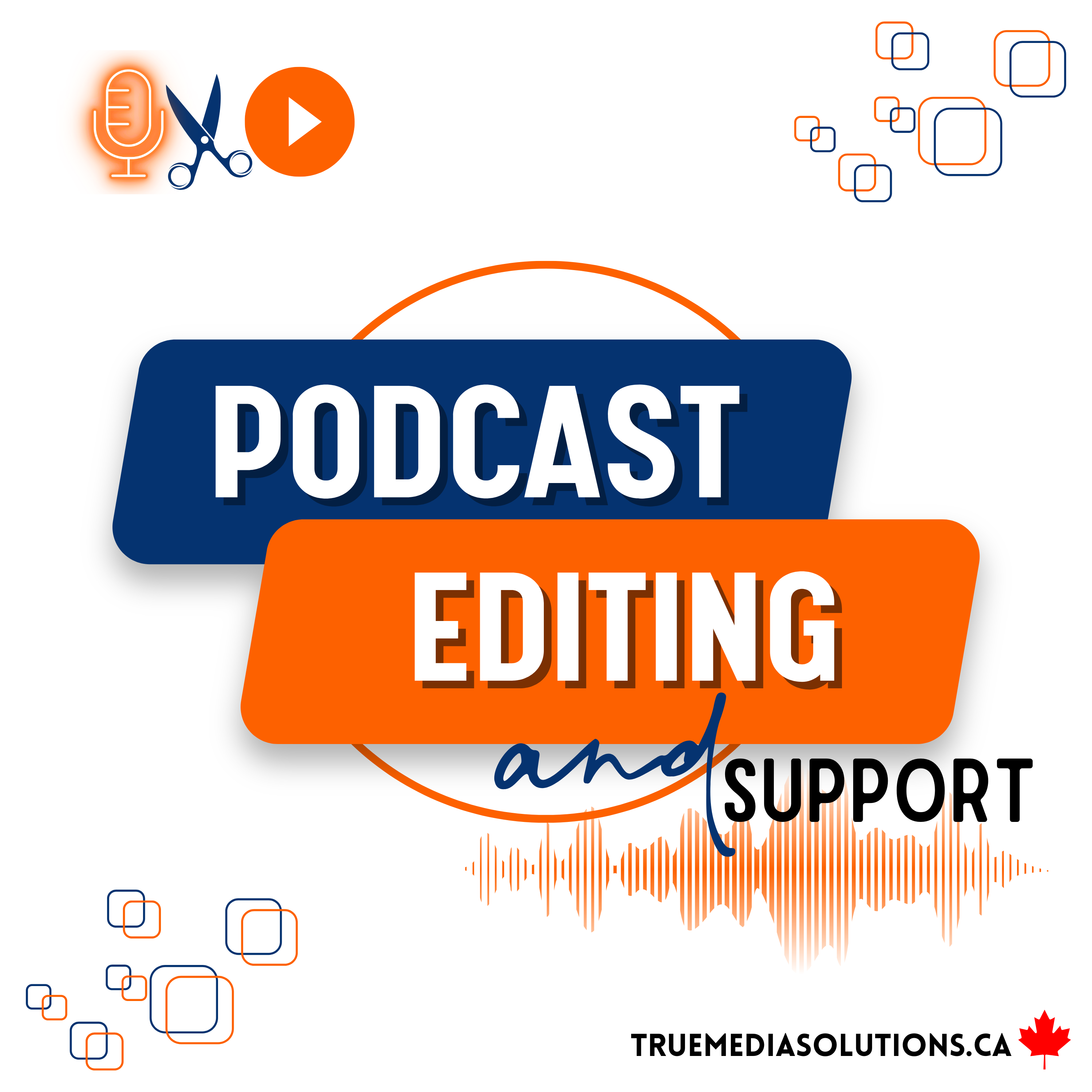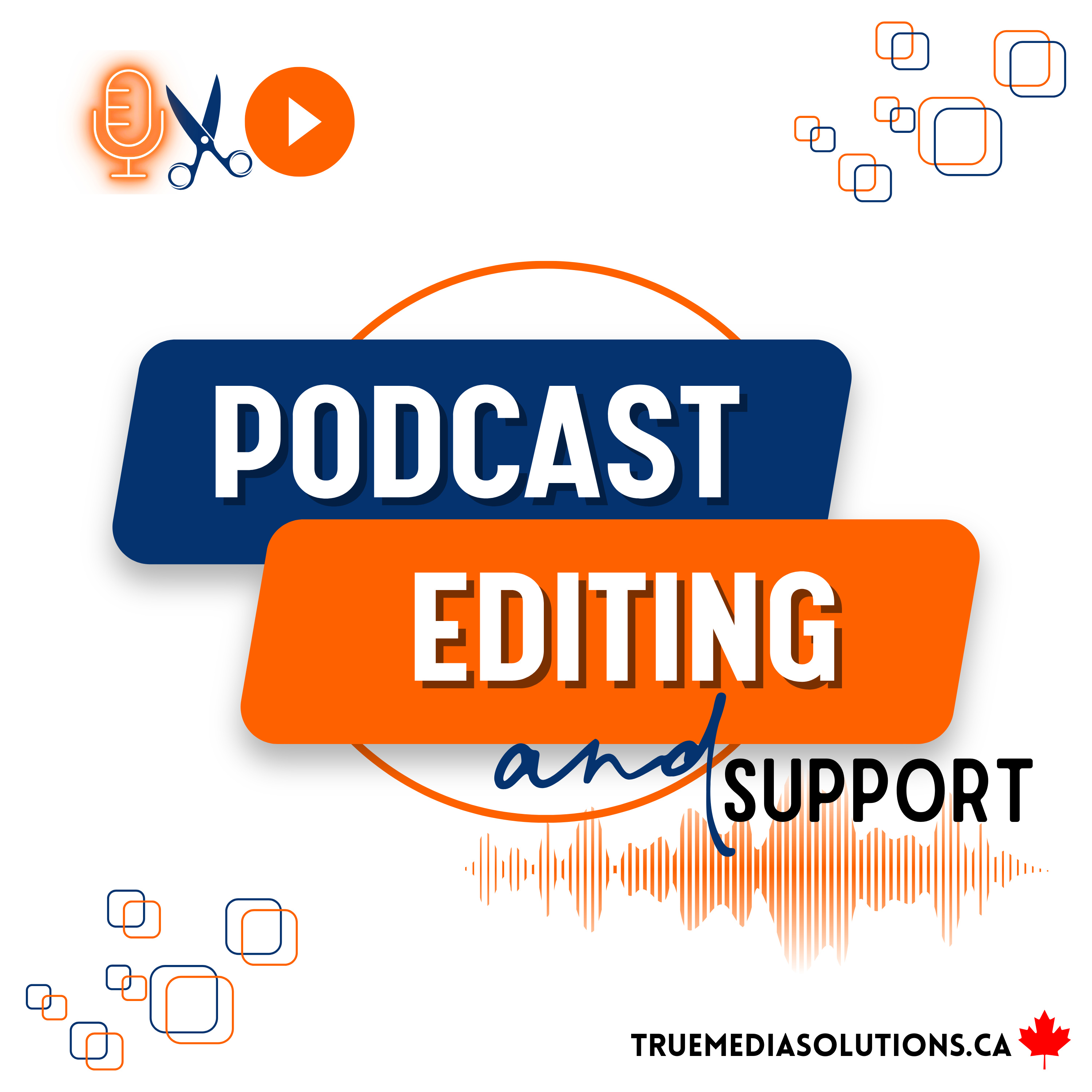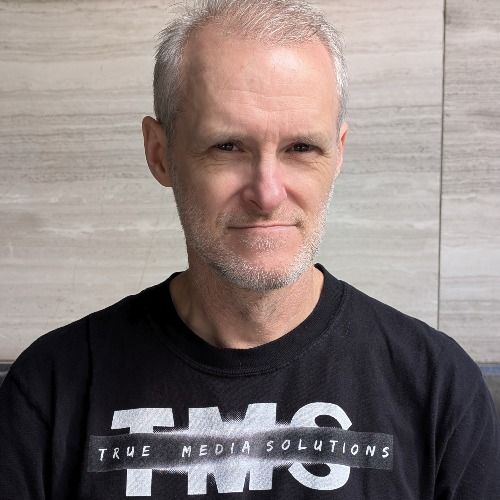Podcast Planner Mini-Series Part 4 - Mastering the Recording Process - A Comprehensive Guide for Podcast Editors and Virtual Assistants
Episode 45 - Podcast Planner Mini-Series Part 4 - Mastering the Recording Process - A Comprehensive Guide for Podcast Editors and Virtual Assistants
The Recording Process: A Guide for Podcast Editors and Virtual Assistants
As a podcast editor or virtual assistant, your role is crucial in ensuring the highest quality output for your podcast host clients. Understanding the intricacies of the recording process will enable you to better guide and support your clients, resulting in professional-grade episodes. Here's an expanded look at the recording process, tailored for those working behind the scenes:
1. Recording Intro and Outro Separately
Why It's Important:
Allows for consistency across episodes
Enables easy updates without re-recording entire episodes
Provides flexibility in episode structure
Best Practices:
Maintain a Library: Keep a collection of various intros and outros for different episode types or seasons.
Version Control: Use clear naming conventions (e.g., "Intro_v2_March2025") for easy management.
Quality Check: Regularly review these elements to ensure they remain relevant and on-brand.
Guiding Your Client:
Encourage recording multiple versions to have options
Suggest updating intros/outros periodically to keep content fresh
Advise on maintaining consistent energy levels in these segments
2. Recording Main Content
Best Practices:
Segmentation: Recommend breaking long recordings into manageable segments for easier editing.
Time Tracking: Use timestamps or markers for important points, making editing more efficient.
Backup Recording: Always have a secondary recording device as a failsafe.
Guiding Your Client:
Provide a pre-recording checklist (hydration, vocal warm-ups, etc.)
Advise on optimal recording environments (quiet space, proper acoustics)
Encourage consistent pacing and energy throughout the recording
3. Interviewing: Ensuring Clear Audio for Both Host and Guest
Technical Considerations:
Separate Tracks: Always record host and guest on separate audio tracks when possible.
Local Recording: For remote interviews, use software that allows local recording on each end (e.g., Zencastr, Riverside.fm).
Backup Audio: If the guest is recording locally, request they also record a backup audio on their phone.
Best Practices:
Pre-Interview Tech Check: Schedule a brief call to test audio quality and troubleshoot any issues.
Guest Prep: Provide guests with a recording checklist (headphones, microphone placement, quiet environment).
Monitoring: During the interview, actively listen for any audio issues that may need addressing in post-production.
Guiding Your Client:
Create a guest prep document with technical requirements and best practices.
Advise on interview techniques that result in better audio (e.g., allowing pauses, avoiding interruptions).
Suggest using visual cues in video calls to communicate without interrupting the audio.
Additional Considerations for Editors and VAs:
File Management:
Establish a clear file naming convention and folder structure.
Set up a secure cloud storage system for easy file sharing with your client.
Quality Control:
Develop a post-recording checklist to ensure all necessary elements are captured.
Implement a system for flagging potential issues for discussion with your client.
Continuous Improvement:Regularly review episodes for areas of improvement in the recording process.
Stay updated on new recording technologies and techniques to suggest to your clients.
Communication:
Establish clear channels for quick communication during recording sessions.
Provide constructive feedback to your client on their recording techniques.
Editing Preparation:Create templates for common editing tasks to streamline your workflow.
Develop a system for tracking edits and revisions requested by your client.
By mastering these aspects of the recording process, you'll be able to provide invaluable support to your podcast host clients, ensuring their content is captured in the best possible quality for post-production. Your expertise in these areas will not only improve the final product but also make the entire podcasting process smoother and more enjoyable for your clients.
___
https://podcasteditingandsupport.com/
Our new home for this podcast - Captivate.fm
We are proud affiliates of Captivate.fm, our recommendations are based on our knowledge and experience with them and their services - using this link will earn us a commission at no extra cost to you


